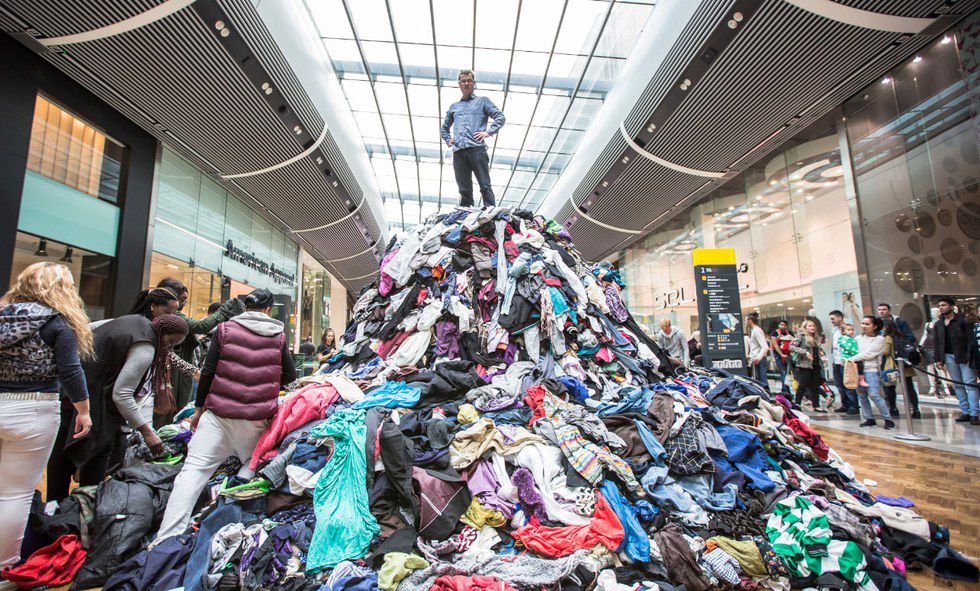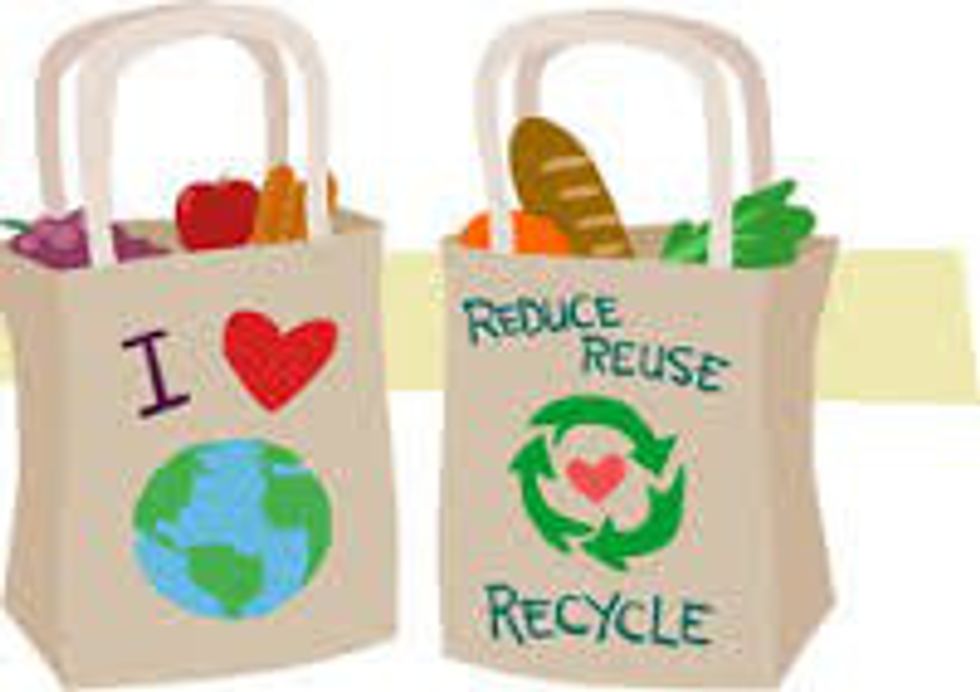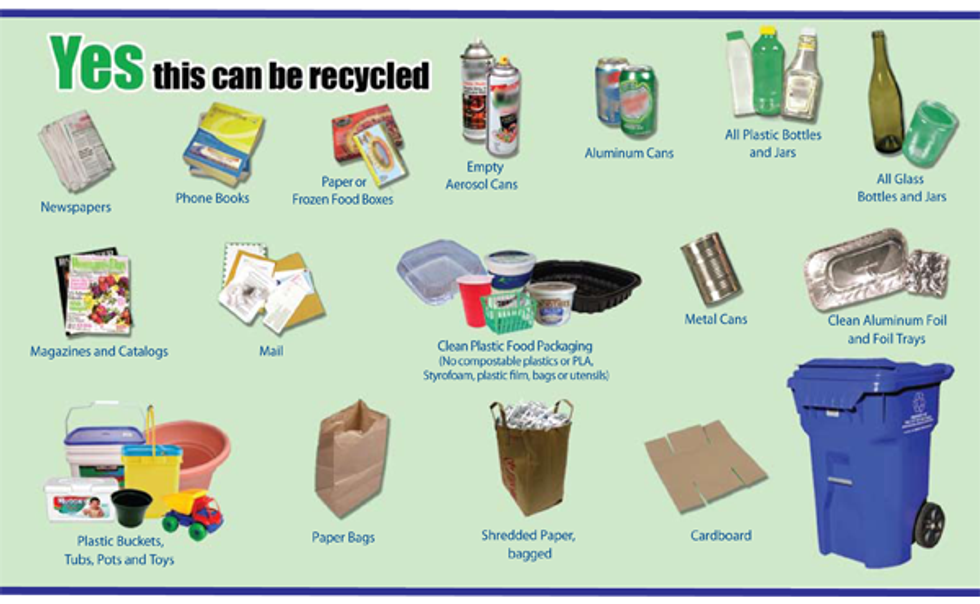We hear the terms "sustainability" and "carbon footprint" all the time, but how many people know what they actually mean? Sustainable development is development that meets the needs of the present without compromising the ability of future generations to meet their own needs, (UCLA Dept. of Sustainability). Your carbon footprint is the amount of CO2 gas indirectly or directly produced by your daily activities such as driving, and even include the carbon dioxide emitted from producing the plastic for the plastic water bottle you just bought! Although finding a balance between human life and preservation of the planet is one of the most complicated tasks to tackle, we can take easy, every-day steps to help keep our earth flourishing.
1. Skip the Bottled Water
Bottling water produces more than 2.5 million tons of carbon dioxide each year, and even more is produced in the process of recycling them. In reality, most of these plastic water bottles are not even recycled. Get a reusable water bottle and bring it with you wherever you go.
2. Buy Less Clothing
The average American throws away 65 lbs of clothing each year. Although it is great to sell your old clothing or donate items to nonprofit organizations such as Goodwill, the U.S. still produces over 11 million tons of textile waste each year. Next time you go to purchase a new clothing item, ask yourself if you already have something similar, and if it is something you really need.
3. BYOB (Bring Your Own Bags)
In Northern California (where I grew up) they charge 10 cents for each bag. Next time you go to the grocery store or farmers market, bring your own bag! Save some energy used from plastic production or save a tree.
4. Eat Less Meat
The EPA estimates that the meat industry generates nearly 1/5 of the manmade greenhouse gas emissions. The demand for meat is also still growing worldwide. By opting to not eat meat for just one day a week, you can help slow this trend. I'm not telling you to become a vegan ... just be more conscious about your meat consumption.
5. Recycle
This seems straightforward and obvious, but many restaurants and business still don't even have recycling bins! In addition to that, people often carelessly throw plastic containers in the trash bin instead of the recycling. It takes minimal effort to recycle when you can, and be conscious of what you are able to recycle.











 Energetic dance performance under the spotlight.
Energetic dance performance under the spotlight. Taylor Swift in a purple coat, captivating the crowd on stage.
Taylor Swift in a purple coat, captivating the crowd on stage. Taylor Swift shines on stage in a sparkling outfit and boots.
Taylor Swift shines on stage in a sparkling outfit and boots. Taylor Swift and Phoebe Bridgers sharing a joyful duet on stage.
Taylor Swift and Phoebe Bridgers sharing a joyful duet on stage.













